Leadership:
May-Britt Moser, Co-director
Edvard Moser, Co-director
Kay Gastinger, Managing Director
History and Mission:
The Kavli Institute for Systems Neuroscience (KISN) is a Norwegian Centre of Excellence since 2002 and became a Kavli Institute in 2007. KISN researchers investigate the emergence of space, time and memory in the brain. This neuroscience research institute now comprises three research centres:
The Centre for Neural Computation,
The Egil and Pauline Braathen and Fred Kavli Centre for Cortical Microcircuits, and
The K.G. Jebsen Centre for Alzheimer’s Disease.
Researchers at the KISN explore the brain’s functioning by detecting and analysing the electrical signals in the brain, primarily in the regions of the brain called the entorhinal cortex and hippocampus. The hippocampus is an older part of the cerebral cortex and has a central role in the functioning of human and animal memory, while the entorhinal cortex contains grid cells, border cells, direction cells, and speed cells that together give the brain the ability to make highly advanced maps.
Since the centre’s inception, Kavli researchers have used laboratory rats as study animals. In the experiments, rats run around in boxes and corridors chasing treats. Simultaneously, very thin electrodes inserted into their brains enable researchers to detect their brain activity. The electrodes, placed in the space between the brain cells, are so sensitive that they distinguish signals from individual neurons in the network. Today KISN research groups study higher brain functions in rats, mice, zebrafish and humans using experimental and theoretical approaches.
Learn more about KISN:


